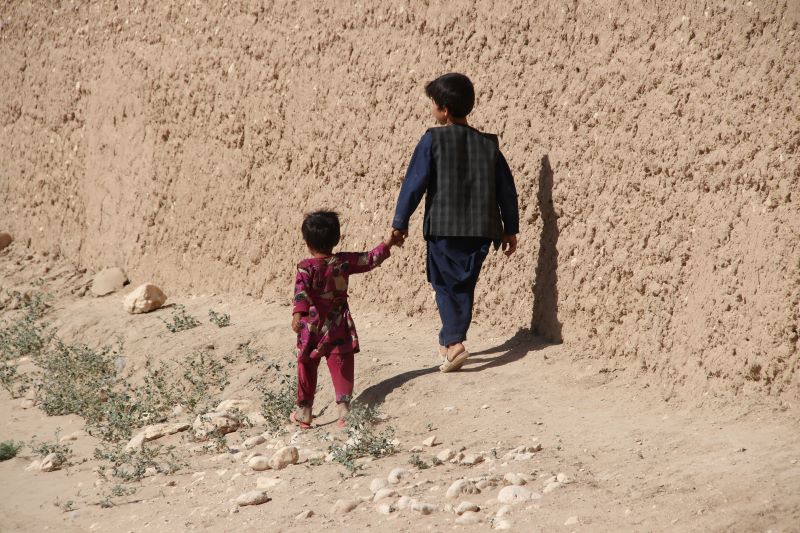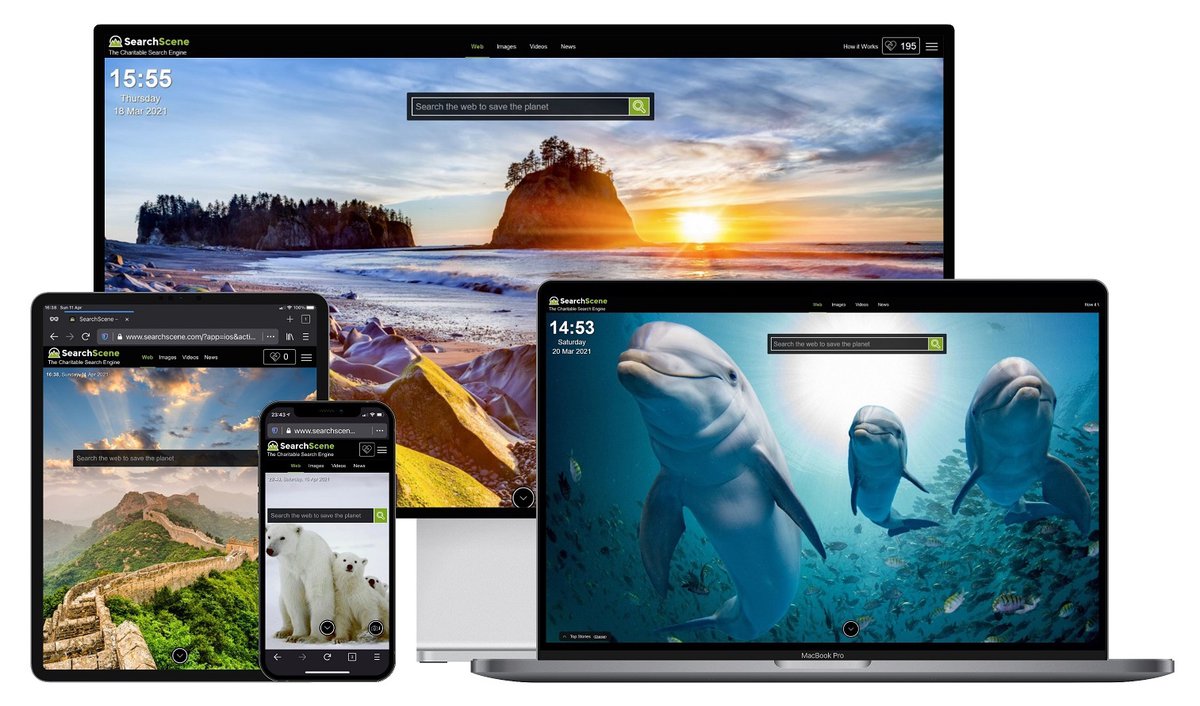The Impact of Climate Change on Child Health
- Categories:
- Charities
- Climate Change
- Poverty

The UNICEF report
Almost half the world’s 2.2 billion children are already at “extremely high risk” from the impacts of the climate crisis and pollution, according to a report from UNICEF.
The report, ‘The Climate Crisis Is a Child Rights Crisis: Introducing the Children’s Climate Risk Index’, looked at countries based on children’s exposure to climate and environmental shocks, as well as their vulnerability in these cases based on their access to essential services.
Child vulnerabilities that could worsen with climate change include poverty and access to clean water, healthcare and education.
Children in the Central African Republic, Chad, Nigeria, Guinea, and Guinea-Bissau are at the most at risk from the impacts of climate change.
The Children’s Climate Risk Index (CCRI) reveals the numbers of children who are highly exposed to the following risks:
- exceedingly high levels of air pollution: 1 billion children
- water scarcity: 920 million children
- heatwaves: 820 million children
- lead pollution: 815 million children
- vector borne diseases: 600 million children
- cyclones: 400 million children
- riverine flooding: 330 million children
- coastal flooding: 240 million children
Nearly every child globally is at risk from at least one of these environmental hazards but in the worst affected countries, children often face multiple risks at once. An estimated 850 million children, 1 in 3 worldwide, live in areas where at least four of these climate shocks overlap.
However, the top ten countries that are at extremely high risk are only responsible for 0.5% of global emissions, once again highlighting the gap between the world’s richest polluters and the developing countries that are feeling the effects the most.
The situation is “almost unimaginably dire” according to UNICEF’s executive director, Henrietta Fore, and she warns that “virtually no child’s life will be unaffected”.
What is the impact on child health?
Climate-caused weather events and situations that cause health and wellbeing risks to health and wellbeing include heatwaves, floods, cyclones, drought, exposure to disease and air pollution.
Disastrous weather events threaten childrens’ lives, while also having a detrimental impact on water sanitation and access to healthcare and education services. They can also increase exposure to deadly diseases, which can have a significant impact on childrens’ health in the future. Access to clean air, for example, is something that many children all around the world do not currently have and the air pollution can have damaging long-term effects on their health.
Indeed, climate change impacts children significantly because, as Henrietta Fore, UNICEF executive director, says, “compared to adults, children require more food and water per unit of their body weight, are less able to survive extreme weather events, and are more susceptible to toxic chemicals, temperature changes and diseases”.
UNICEF are calling on governments and businesses to increase investment in climate resilience to protect vulnerable children from the worst effects of climate change.
The power of youth
While sending a clear warning about the future health of our planet’s young people, the report also calls for the inclusion of young people in decisions about the climate. It is their future that is being decided, after all. This includes international climate negotiations such as COP26.
UNICEF is also calling for children worldwide to be provided with climate education and green skills, which will be vital for preparing them for the increasing effects of climate change.
Here at SearchScene, we are proud to support the fantastic work that UNICEF does around the world to protect children against the impacts of climate change on their health and education. You can help us continue to support them by choosing UNICEF as one of your chosen charities when you use our search engine. We donate 95% of our profits to the charities our users select.










